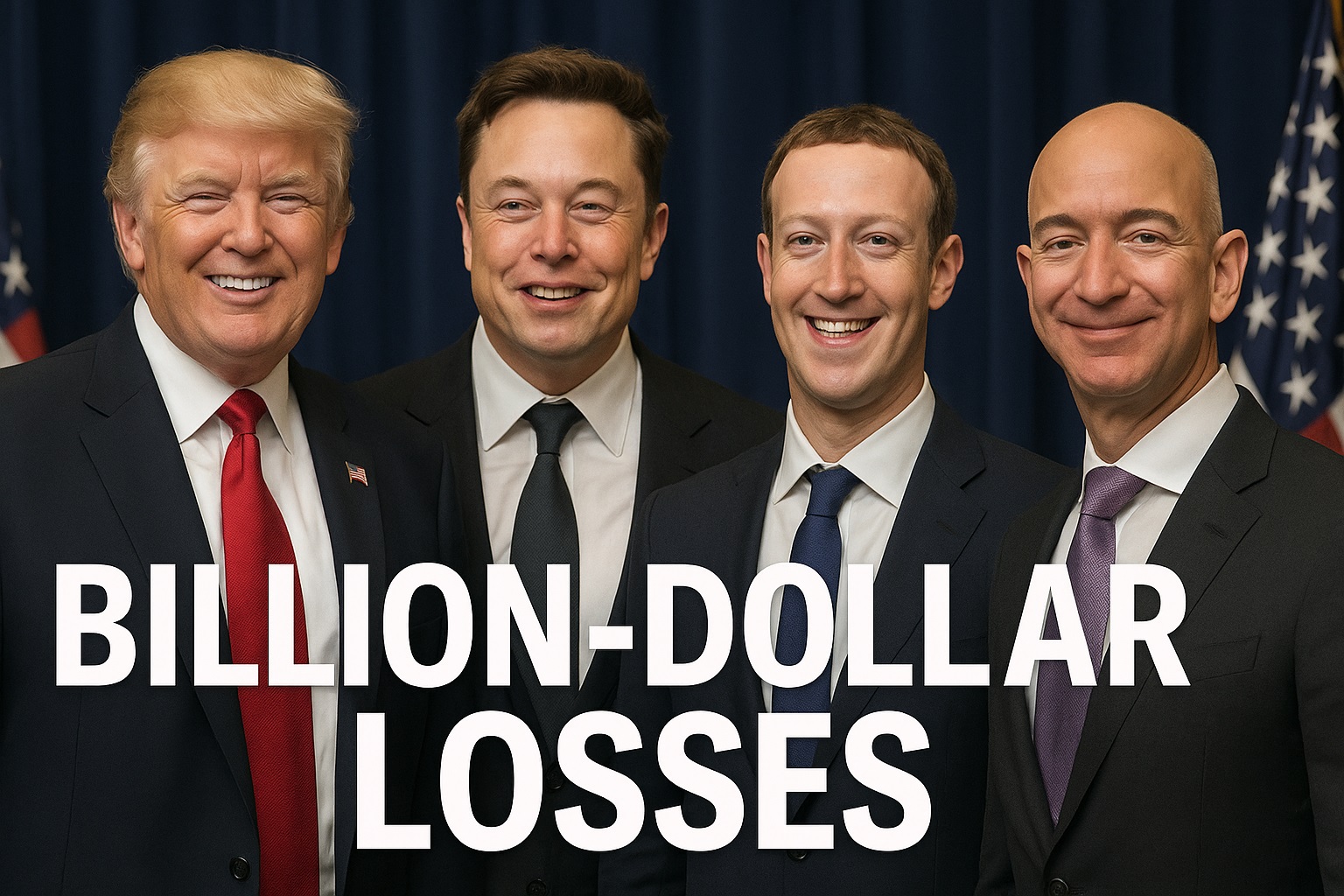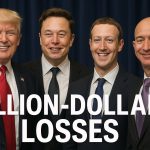In early April 2025, President Donald Trump’s surprise announcement of sweeping “Liberation Day” tariffs on virtually all U.S. trade partners sent shockwaves through global financial markets. The Dow Jones Industrial Average plunged by its worst point total ever, the S&P 500 endured its steepest one-day drop in over five years, and the Nasdaq tumbled by its largest point decline on record. Behind these historic losses lay a striking irony: some of the very technology executives who publicly aligned themselves with Trump—hoping to curry favor for regulatory relief and lucrative federal contracts—found their personal fortunes and companies’ market capitalizations vaporize by tens, and in some cases hundreds, of billions of dollars overnight.
Below is a comprehensive look at the high-profile tech leaders whose political bets backfired spectacularly, from Silicon Valley titans to defining figures in defense and enterprise software. We’ll explore their motivations for supporting the Trump administration, quantify the staggering losses they suffered, and consider the broader lessons about the risks of mixing high-stakes politics with globalized supply chains.
From Promise to Peril: Why Tech CEOs Backed Trump
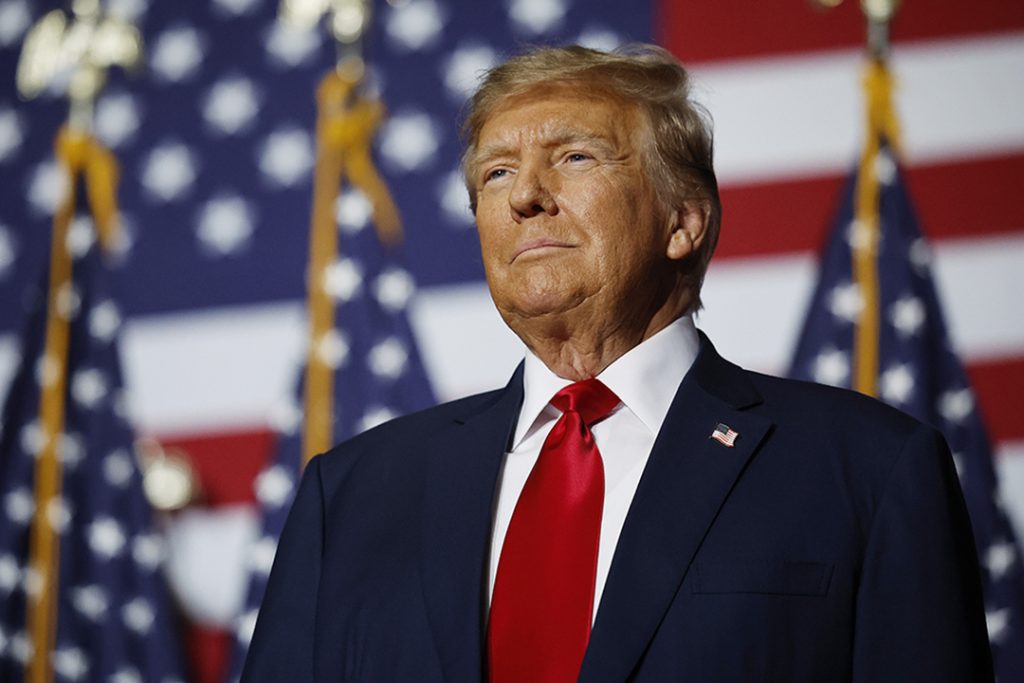
Throughout Trump’s 2024 campaign and into the early days of his second term, several technology leaders publicly voiced support for the president’s deregulation agenda and pitched him on expanding U.S. leadership in artificial intelligence, cloud computing, and defense technology. Their strategies generally fell into two categories:
- Regulatory Relief & Policy Influence. CEOs like Jeff Bezos and Sundar Pichai were vocal about reducing “burdensome” regulations they believed stifled innovation, particularly around data privacy, content moderation, and cross-border data flows.
- Federal Contracts & Infrastructure Deals. Figures such as Larry Ellison and Peter Thiel saw an opportunity to secure large-scale government investments in cloud infrastructure, defense analytics, and AI research—areas Trump publicly championed in speeches and tweets.
Yet, these gambits hinged on a stable global trade environment. When the Liberation Day tariffs ignited a full-blown trade war—triggering immediate reciprocal levies from China and other key partners—the same geopolitical currents that CEOs hoped to harness turned abruptly against them.
Mark Zuckerberg (Meta): Betting on Favor, Paying in Billions
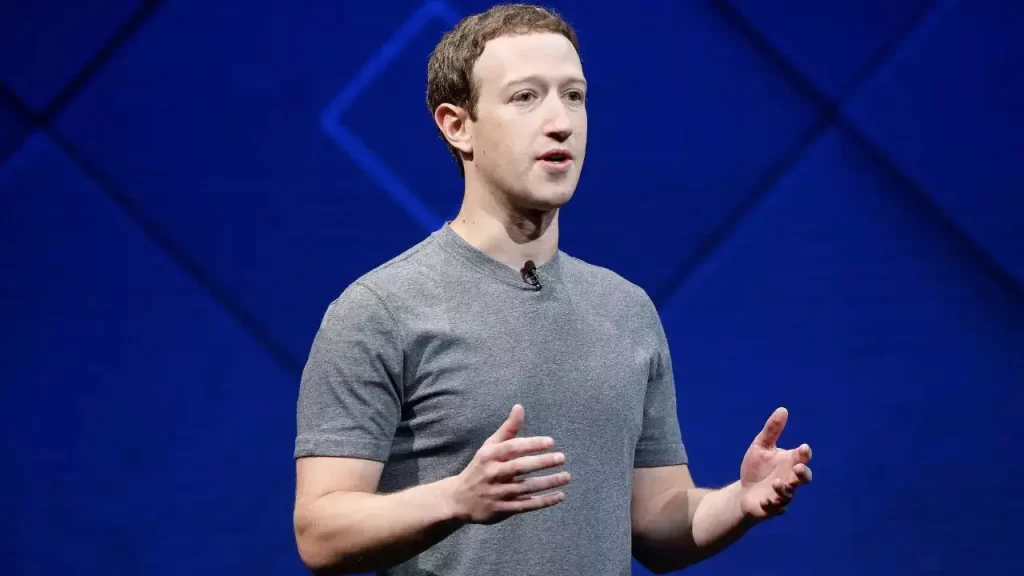
As CEO of Meta Platforms, Mark Zuckerberg took a highly visible approach: attending Trump’s inauguration, donating to the inaugural committee, and publicly lauding the administration’s potential to streamline data-center approvals and ease European-style privacy regulations. He even rolled back certain diversity and content-moderation policies in an apparent bid to appease the administration’s more conservative base.
- Stock Impact: Meta shares plunged 8.96% on April 3, 2025.
- Net Worth Hit: Zuckerberg lost approximately $17.9 billion in a single trading session.
- Business Ramifications: Meta’s ambitious global expansion of data centers—critical for its AI roadmap and virtual-reality ambitions—suffered mounting cost pressures as imported hardware tariffs kicked in.
Despite Zuckerberg’s political overtures, the market viewed the broad tariffs as a severe blow to the data-heavy supply chains Meta relied on, underscoring how regulatory alignment cannot insulate companies from geopolitical shocks.
Jeff Bezos (Amazon): E-Commerce Giant’s Supply-Chain Squeeze

Jeff Bezos, Executive Chair of Amazon, believed that deregulation would help the world’s largest e-commerce platform streamline cross-border logistics and reduce costs. Like Zuckerberg, he contributed $1 million to Trump’s inaugural committee and met with senior aides to discuss ways to modernize federal procurement.
- Stock Impact: Amazon’s shares slid 8.98% on the tariff announcement.
- Net Worth Hit: Bezos saw nearly $16 billion evaporate from his personal fortune.
- Business Ramifications: Millions of third-party sellers on Amazon passed higher import costs onto consumers, leading to slower growth in order volume and fiercer margin compression in Amazon’s fulfillment network.
Amazon’s experience highlights the vulnerability of global retail models when political gambits collide with sudden policy reversals.
Elon Musk (Tesla & SpaceX): From Presidential Pal to Market Pariah
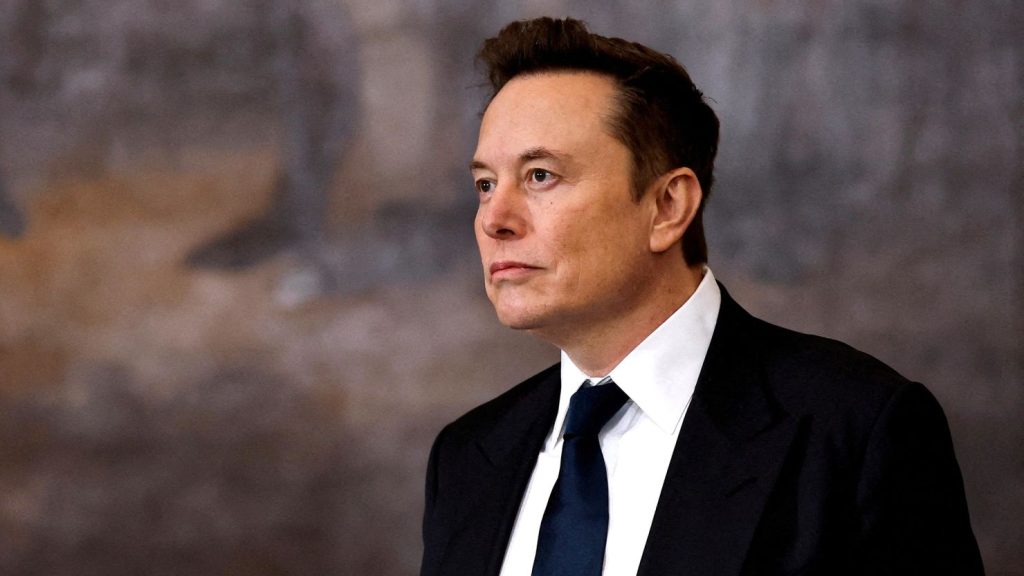
Elon Musk emerged as one of Trump’s most conspicuous tech backers—donating over $290 million to Republican-affiliated efforts, serving as an informal advisor, and publicly praising the president’s manufacturing and defense procurement proposals.
- Stock Impact: Tesla shares fell 5.47% in a single day.
- Net Worth Hit: Musk lost roughly $8.7 billion.
- Business Ramifications: Tesla’s heavy reliance on imported batteries and microchips exposed it directly to reciprocal tariffs, complicating production forecasts and investor confidence.
Musk’s experience demonstrates that even electric-vehicle manufacturers with patriotic messaging can be blindsided by broader trade policy shifts.
Jensen Huang (NVIDIA): Semiconductor Seizure
NVIDIA CEO Jensen Huang had been an outspoken advocate for U.S. leadership in AI and silicon innovation, often praising Trump’s efforts to boost domestic semiconductor fabs and relax export controls. Although he did not attend the inauguration, Huang’s company benefited from related policy dialogues.
- Stock Impact: NVIDIA shares plunged, costing the company about $120 billion in market value over two trading sessions.
- Net Worth Hit: Huang saw his wealth drop by approximately $7.4 billion.
- Business Ramifications: Tariffs on semiconductors and equipment spurred concerns that global chip investments would slow, threatening NVIDIA’s central role in AI accelerator markets.
Tim Cook (Apple): Quiet Lobbying, Relatively Modest Losses
Apple CEO Tim Cook took a more subdued approach—preferring private discussions over public endorsements. He lobbied for targeted tariff exemptions, especially for iPhone components, and navigated negotiations that yielded partial relief.
- Stock Impact: Apple’s market cap fell over $300 billion (a 9.4% drop), yet Cook’s personal stake lost about $68 million.
- Business Ramifications: Apple’s localized manufacturing deals in India and Vietnam—as well as negotiated exemptions—helped cushion the blow, illustrating the value of diversification.
Cook’s relative resilience underscores that discretion and supply-chain agility can mitigate political and economic upheavals.
Sundar Pichai (Alphabet/Google): AI Ambitions Meet Trade Turmoil
Google parent Alphabet CEO Sundar Pichai had expressed confidence in Trump’s vision for AI infrastructure funding and pledged to work on expanding cloud capacity. Alphabet also loosened certain content-moderation standards and quietly upgraded lobbying efforts.
- Stock Impact: Alphabet shares slid nearly 4% on the tariff news.
- Net Worth Hit: Pichai lost around $18 million personally.
- Business Ramifications: Alphabet’s data-center expansions in Asia faced higher equipment costs, delaying some AI rollouts and straining profit forecasts.
Larry Page & Sergey Brin (Alphabet): Founders’ Fortune Fluctuations
Though both founders had stepped back from day-to-day roles, Larry Page and Sergey Brin remained major shareholders in Alphabet. The tariff shockwave cost each of them over $4.5 billion.
- Stock Impact: Combined losses of $9.5 billion across the duo.
- Business Ramifications: Their personal wealth swings mirrored broader market sentiment on tech valuations amid geopolitical uncertainty.
Larry Ellison (Oracle): Betting on Federal Cloud, Feeling the Pinch
Oracle’s co-founder and chairman Larry Ellison contributed $1 million to Trump’s inaugural committee and met regularly with White House aides to pitch Oracle’s cloud solutions for federal agencies.
- Stock Impact: Oracle shares dropped about 6.3%, shaving $18 billion off its market capitalization.
- Net Worth Hit: Ellison lost an estimated $2.8 billion.
- Business Ramifications: As hardware component costs rose under tariffs, Oracle’s data-center equipment margins tightened just as it pursued high-profile government contracts.
Peter Thiel (Palantir): Surveillance Software Meets Slowdown
Venture capitalist Peter Thiel, a 2016 convention speaker and substantial Trump donor in 2020, expected Palantir to thrive under expanded surveillance and defense budgets.
- Stock Impact: Palantir shares plunged about 7.8%, erasing $3.6 billion in market value.
- Net Worth Hit: Thiel lost roughly $540 million on his 15% share of the company.
- Business Ramifications: Government procurement cycles paused amid market volatility, delaying new contract awards and revenue recognition.
The Aggregate Toll: A Stark Reality Check
Collectively, the tech industry’s publicly supportive cohort lost more than $100 billion in personal wealth and saw their companies’ market caps shrink by an estimated $800 billion in just days. Even tech leaders who avoided overt political posturing—like Tim Cook—couldn’t escape the industry-wide rout, though their losses were far more contained.
Key Takeaways for Industry Leaders
- Political Capital Is Not a Hedge Against Geopolitics. Short-term policy wins may be swiftly undone by broader international backlash.
- Supply-Chain Diversification Matters. Companies with manufacturing and sourcing footprints spanning multiple regions weathered the tariff storm more effectively.
- Discretion Over Public Posturing. Private negotiation and quiet lobbying (versus overt political alignment) can preserve both reputation and shareholder value.
- Long-Term Focus Beats Short-Term Gambits. Bets on regulatory windfalls should not eclipse fundamentals like innovation roadmaps, operational excellence, and balanced growth strategies.
Conclusion
April 2025’s tariff-driven market turmoil delivered a sobering lesson to tech’s most prominent figures: intertwining corporate strategy with high-stakes politics carries profound risks. The CEOs profiled here—spanning consumer internet, semiconductors, enterprise software, and defense analytics—sought to shape policy in their favor. Instead, they discovered that in today’s interconnected world, political winds can shift overnight, turning yesterday’s opportunity into today’s liability. As the industry charts its path forward, the imperative is clear: build resilience into operations, diversify beyond any single geopolitical alliance, and remember that in global markets, stability often trumps influence.
